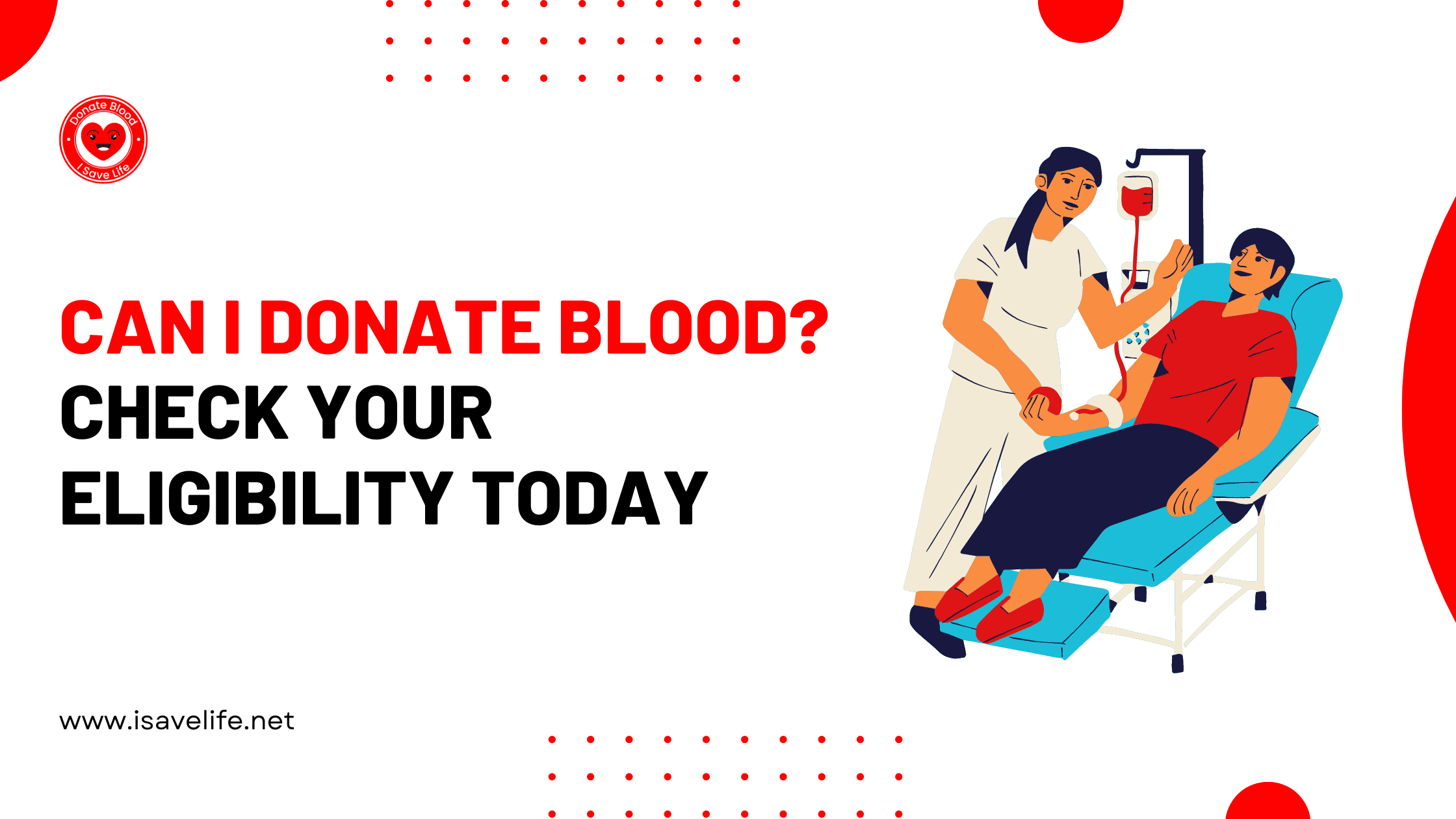
Can I Donate Blood? Check Your Eligibility Today
21-Jun-2023
Can I Donate Blood? Check Your Eligibility Today
Blood donation is a noble act that saves lives and helps those in need. If you are considering becoming a blood donor, it's important to understand the eligibility criteria to ensure the safety of both the donor and the recipient.
In this segment, we will discuss the factors that determine eligibility for blood donation and provide a comprehensive guide to help you determine if you can donate blood. Let's dive in!
1. Age Requirements: Age plays a crucial role in determining eligibility for blood donation. Generally, donors must be at least 18 years old to donate blood. However, some countries may have specific age restrictions or require parental consent for donors under the age of 18. It's essential to check the guidelines of the blood donation center in your region to confirm the age requirements.
2. Health Conditions: Certain health conditions may impact your eligibility to donate blood. Donors should be in good overall health with no active infections or illnesses. Conditions such as HIV/AIDS, hepatitis, cancer, and autoimmune disorders may affect eligibility. Additionally, if you have recently undergone surgery or received blood transfusions, you may need to wait for a specific period before becoming eligible to donate.
3. Medications and Medical History: Some medications can affect blood donation eligibility. It's important to disclose any medications you are taking or have recently taken to the healthcare professional conducting the screening. Certain medications, such as those used to treat blood disorders or prevent blood clots, may affect the safety of the donated blood. Your medical history, including past surgeries and vaccinations, will also be evaluated during the screening process.
4. Lifestyle and Travel Factors: Certain lifestyle choices and travel history may impact blood donation eligibility. Donors who engage in high-risk behaviors, such as intravenous drug use or unprotected sexual activity, may not be eligible to donate blood. Additionally, if you have traveled to regions with a high prevalence of infectious diseases, you may be temporarily deferred from donating blood to prevent the potential transmission of infections.
5. Weight and Hemoglobin Levels: Donors need to meet specific weight and hemoglobin level requirements to ensure the safety of the donation process. The weight requirement helps prevent excessive blood loss and ensures the donor's well-being. Hemoglobin levels are checked to ensure that the donor has sufficient iron levels and can tolerate the blood donation process.
Knowing your eligibility to donate blood is crucial for ensuring the safety and efficacy of the blood supply. By understanding the factors that determine eligibility, you can assess if you meet the requirements and contribute to this life-saving act.
Remember, eligibility guidelines may vary based on location and blood donation center policies, so it's important to consult with a healthcare professional or contact your local blood donation centre for specific information.
If you meet the criteria, donating blood can be a meaningful way to make a positive impact on the lives of others and contribute to the well-being of your community.